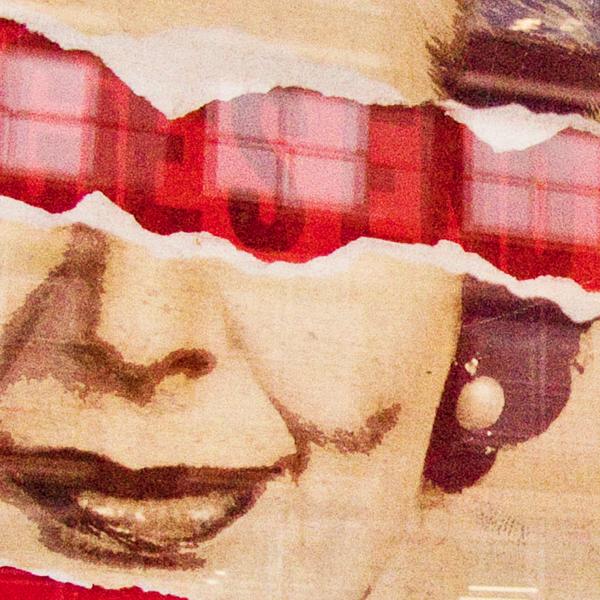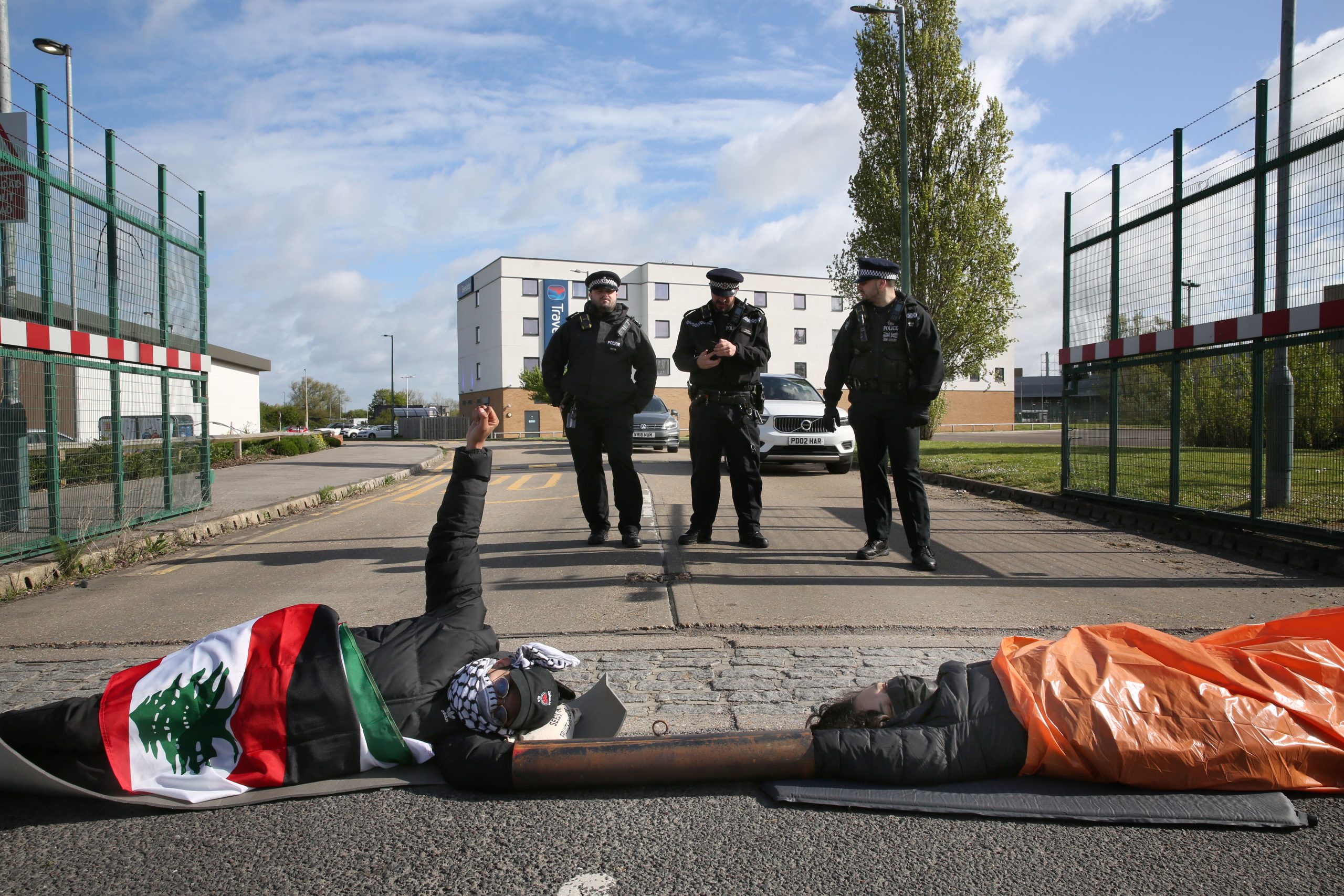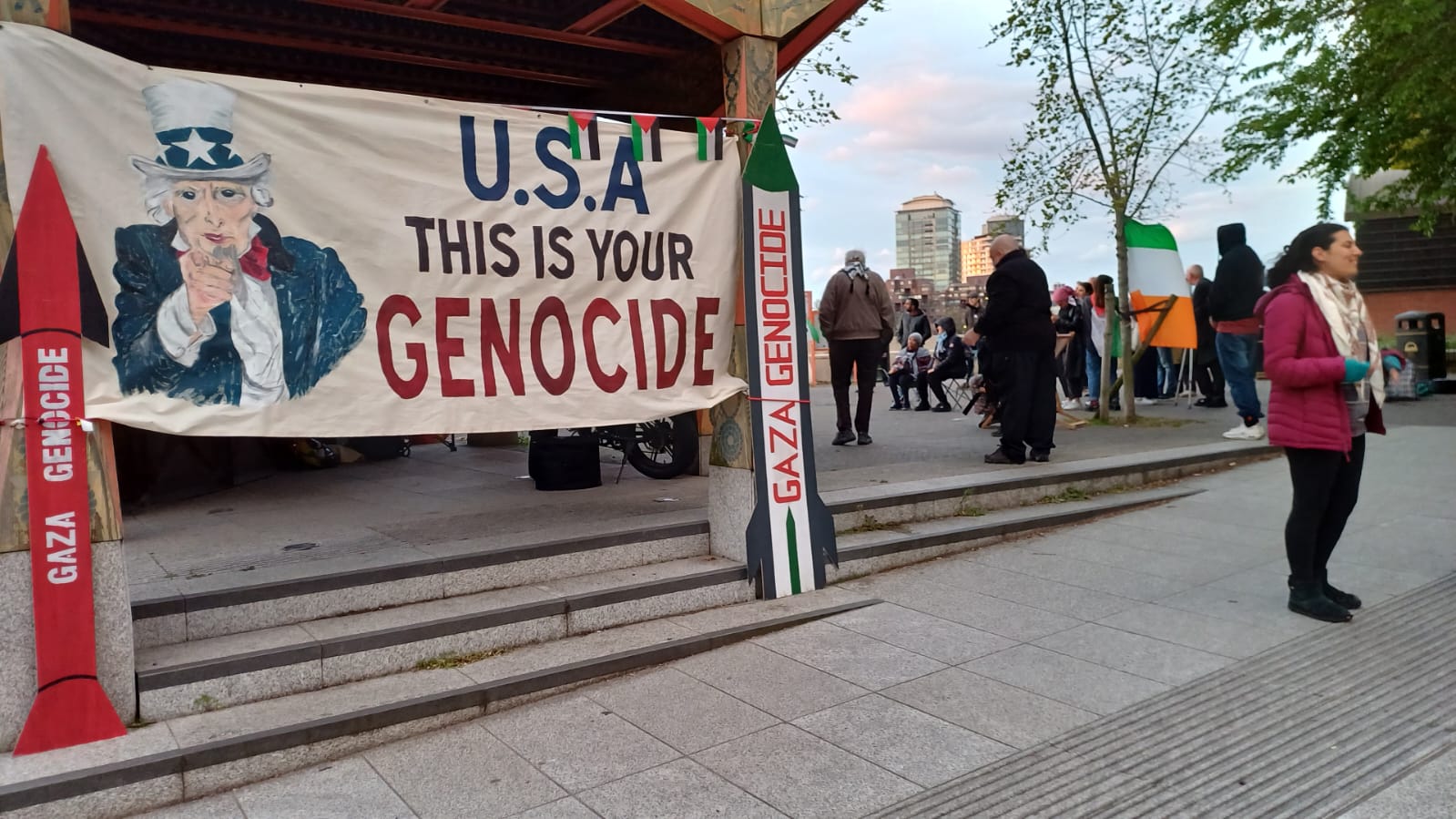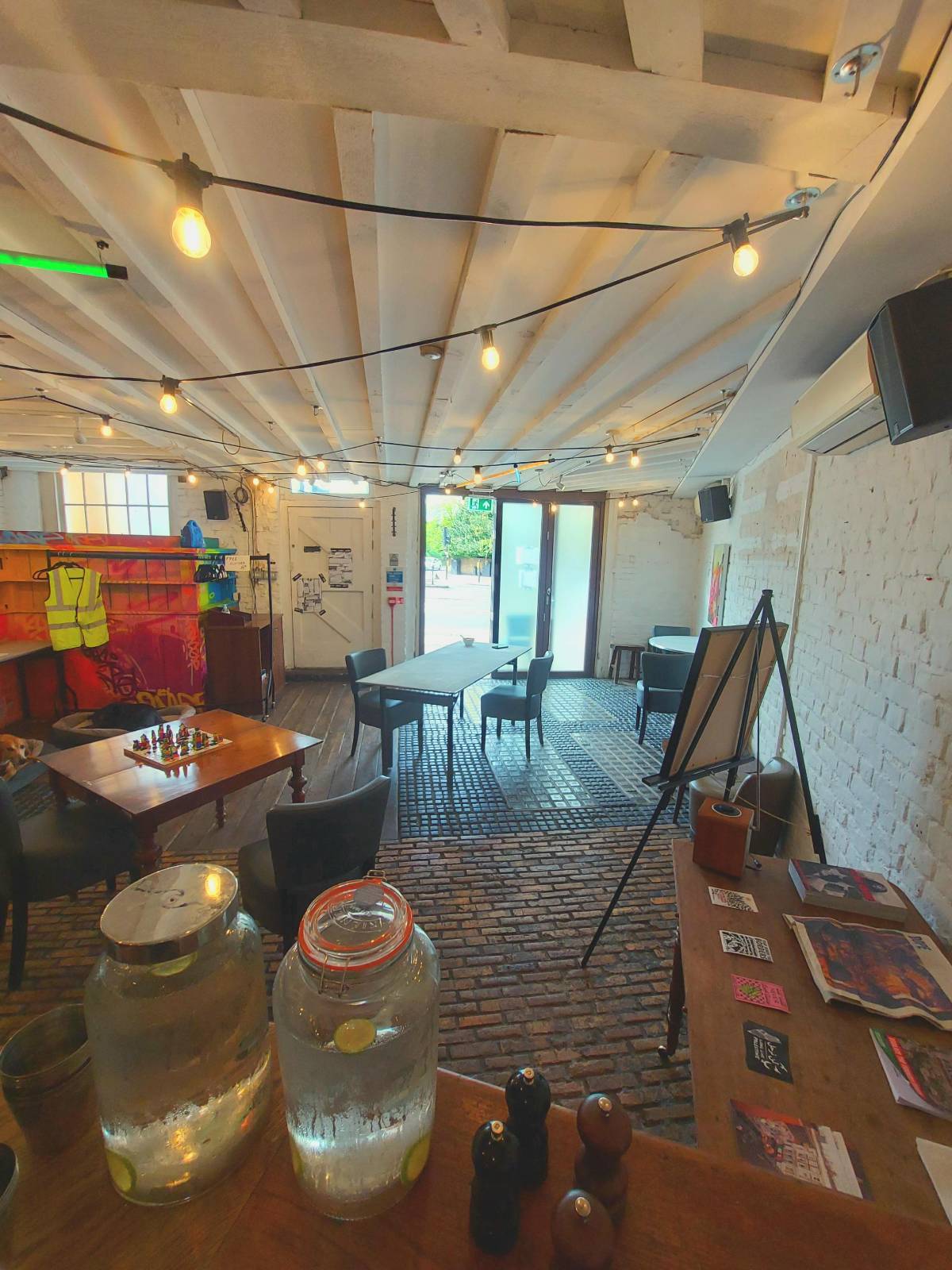In the United States it is coming up to the midterm elections. Tis the season we register to vote! Miserable canvassers surround my daily trips to run errands, asking me to register with a fake enthusiastic tone. Everyday I register to vote. Today, I am a member of the “Libertarian party” whatever that means. Yesterday I was a Democrat, tomorrow I think I will be a Republican!
Representative democracy in America is a joke. Many anarchist critiques exist of this specific node of apparatus control, and I am happy they do! We all know representative democracy is a lie, but what about democracy itself?
Many anarchist preach the politic of “direct democracy” to take the place of representative democracy. There is no specific definition of what this means, besides that it is “direct” and allegedly comes from the individual’s choice, rather than the coercive nature of hierarchy. This translates to many different theories, from workers deciding on delegates to represent them (direct representative democracy?), to individuals in a community deciding what happens to the social infrastructure of their everyday lives. It gets decidedly more complicated when we reach the field of how we tally votes and individual decisions, and their influence on the overall decision. Do we only accept a pure consensus? Or can we fall back on a majority decision if pushed?
The theory of direct democracy is simple in words, complicated in practice. To be fair, direct democracy has been an idea propagated by anarchists for centuries. and is a pinnacle tenet to libertarian socialist ideology.
However, political climates change, as do needs and wants. Theories serve as an individual expression of desire, and I can promise you our desire’s as anarchist have grown since Spain 36, and even Seattle 99. We are individuals constantly in motion and discovering something new everyday. Our theories move with society, or at least they must if we wish to at least be a threat to the dominate order, so why are we still stuck in notions of a more direct democracy? Sometimes ideas are good enough to stick, but the point of this essay is to at least provide nuance and a needed critique of a stale and outdated idea.
I won’t argue the historical implications and worth of direct democracy, but a modern critique of its existence and propagation. This is dialogue and boredom, not ideology or dogma. This is a call for anarchists to stop and think about the possibilities of their theories.
When we think of democracy, we picture an assembly of people debating and raising hands in favor or against propositions and proposals that affect us all. We all know to be true that our current model of democracy is tainted with corruption, manipulation, and the overarching lie of “freedom of choice.” We live in a dominating and coercive social order that perfectly structures us into roles and obligations, hidden by this smoke screen of “freedom” and “individualism.” We are coerced into deciding between a jackass, and a liar, but in reality it is not even a choice, only a reality. We only ever get the jackass and the liar, because they are one in the same.
Our very participation is a pressuring force. Whether you define our society as a mass, or a class, or any term you use to define a collection of individuals with a shared material and social position, we all influence each other. Control isn’t solely produced and sold to us, it depends on our reproduction as well. The lie of democracy was produced and sold to us through tales of utopia in Greece, and now we reproduce it ourselves with the lie of individuality. This is the logic of submission, and the reality of social order. We reproduce our own social environment.
We are sold ideas, and we resell them. The action of saying yes may be powerful, but imagine if we all said no. Our no could have the same power as saying yes, but with the effects we want. A mass refusal to participate would be quit a grand attack in my opinion.
Refusal of participation is what I like to call “Subversion.” It is taking the power used to control us, and changing it into what we wish to see. The point must be made, however, why would we only stop at a simple subversion? Why not liberation?
As anarchists, we claim our goal is that of either hierarchy must be legitimate, or it must not exist at all. We can differ there, but we are all against coercion to consent. We all believe individuals should be allowed to make decisions for themselves, without coercive efforts of any person, community, or object. So why, as anarchists, do we accept direct democracy as satisfactory? Why do we not demand more?
Democracy is, in totality, the epitome of collectivism. Democracy goes hand in hand with the lie of individuality, as it builds upon that lie and is an extension of this collectivist order, this social order. From representative democracy to direct democracy, if we as a “community” seek to choose amongst ourselves, why do we collect in meeting halls to decide on matters? Any collection of human beings brings about coercion and hegemony, as we are social creatures.
You can argue, two individuals talking and deciding on a matter is “direct democracy” and I will say that is just lazy and a straw argument. Definitions are dependent on democracy for crying out loud. Democracy is not two individuals talking about a decision they must reach a conclusion to, democracy is an extension of “community” on the individual to decide and pretend like their opinions matter. Democracy is what makes us into a mass of, for lack of a better term, sheep. Democracy is just the smoke screen of a social order, a hegemonic structure of coercing individuals into a “solution.”
Harsh words they may be, and I can already feel the blood boiling from those in disagreement, but think about it. Remember general assemblies and how boring they would get? Remember hearing stupid opinion after stupid opinion, and that especially stupid opinion put forth by that stupid person? (We all remember this person from occupy). The process would take forever and eventually become so dull we would vote “yes!” on any proposal, no matter how strictly we think we adhere to “anarchist principles.” General assemblies are a perfect example of direct democracy. They are based around consensus and everyone gets a say. The only effective aspect they played in our lives ( or do play if you continue using this process) was/is the helping us find our REAL friends and comrades. The boredom caused us to look around for eyes just as annoyed as we were, and we found them. We found our comrades and created our own groups, and many of them still exist to this day. Democracy, and extreme collectivism in general, lets us separate those in our “community” who we feel close to, and who we wish saw punched in the face.
Swiftly put, direct democracy would only allow us to really find community, rather than the terrible community that we are faced with everyday. This is the only positive I can see from implementing this model of decision making everywhere. Our goal as anarchists is to not install a new hegemony of will under the guise of “community”. Our goal, or desire as anarchists is to destroy that which destroy’s us, our self, our individuality. Anarchism is the truest expression of individualism, so why submit ourselves to the will of order when we can chase our desires mutually as equals?
Instead of propagating the lie of democracy, we should be exploring alternatives and newer, fresher ideas. Now, I’d be quite the asshole to suggest exploring alternatives without offering any jumping off points! So, I propose differing collectives, reading groups, and individuals ask each other these questions, and in general really discuss what we mean by democracy and whether or not it is desirable.
1. How do I coerce others with my daily actions? What are those specific actions? Ask each other, and discuss with each other in what ways you reproduce your own social environment. Ask each other about specific actions you take that coerce others into “your” line of thinking and the different positions “you” take.
2. Why do you want democracy? Delve deep into the reasons, and personal validation you provide to justify democracy as the specific decision making model you wish to see your self-governance take place.
3. What are other words we use to describe our social interactions and decision making processes? Personally, consent is my preferred “model” for decision making. Consent for me is not coercing the person in any way shape or form and allowing their complete individuality to take hold. There have to be more options however, and I am positive if you are reading this you can come up with at least 1 other model.
Discuss this essay itself. Do you agree? Do you disagree? What do you really think? I have personally left this critique vague in order to allow individual conclusions and realizations when reading this essay. I also love discussion, so if you want to discuss this essay, or really anything else, feel free to email me at lumpenprolelife@gmail.com Say whatever you like, whether you hate me for being a dirty petty bourgeois individualist, or if this essay inspired you. Whatever it is, I’d love to hear it.
The last authority you have to question is yourself. Hurry comrade to not only arm yourself, but to think for yourself!








